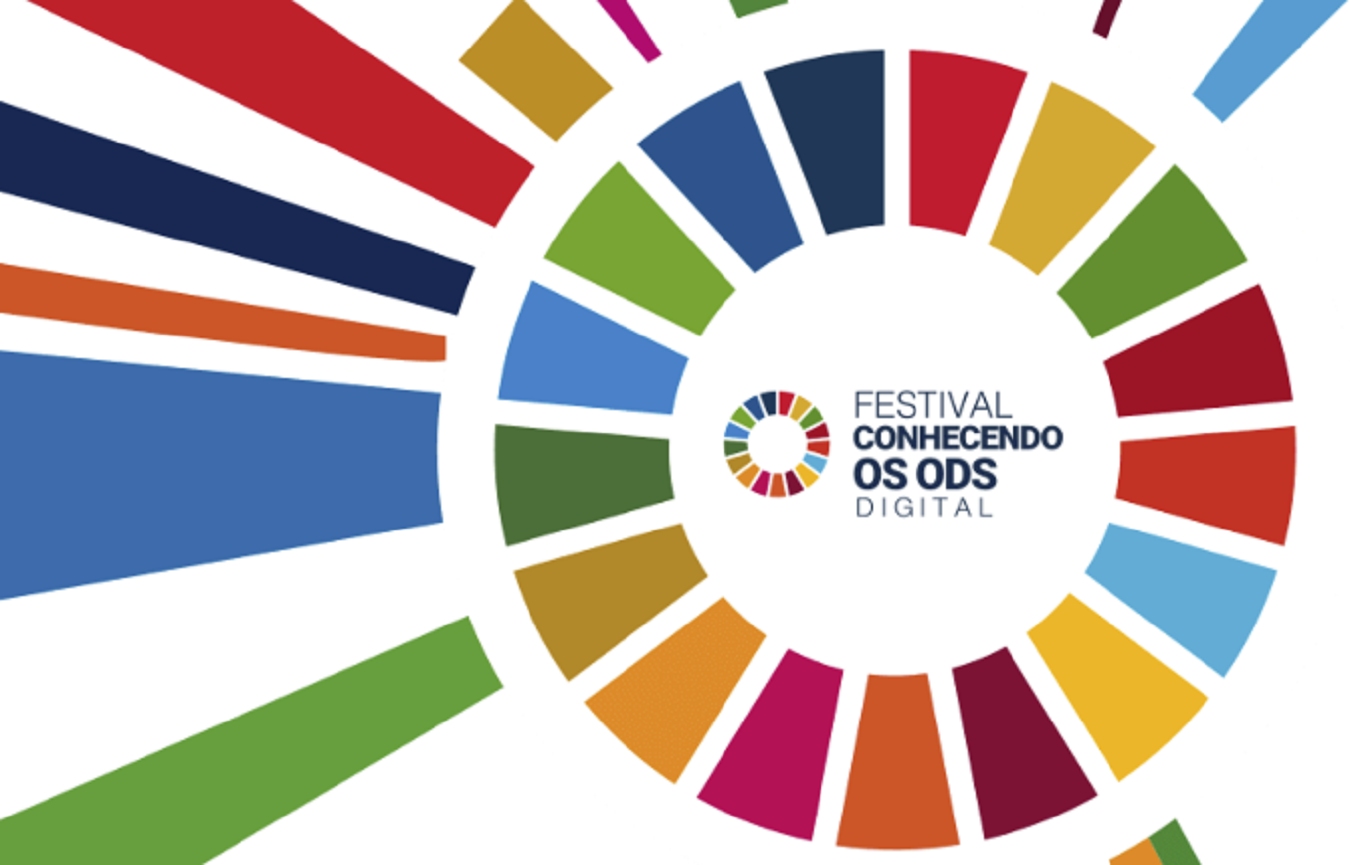
Brasília,13 August, 2021 - The United Nations Office on Drugs and Crime (UNODC) participated in the online event "Meeting the Digital SDGs" festival. The event started last Monday (9) and ended this Friday (13). In all, there were more than 100 attractions.
The objective of the festival was to publicize the 17 Development Goals and gather solutions already implemented for the challenges of sustainable development in the areas of education, health, reducing the inequalities, fighting hunger, equity, and all topics that involve the 2030 Agenda.
The opening session of the event, mediated by one of the curators of the programme, Leonardo Lima, was attended by the United Nations (UN) resident coordinator in Brazil, Silvia Rucks, the executive director of the Global Compact Network Brazil, Carlo Pereira, and the president of Whirlpool Latin America, João Carlos Brega.
Representatives from 16 agencies, funds, and programs of the United Nations (UN) in Brazil participated in 111 activities held on a digital free access platform. Among them, 17 webinars with the presence of leaders of large companies showing their solutions to achieve the SDGs targets and of UN representatives in Brazil.
The country coordinator of UNODC's Global Programme for the Implementation of the Doha Declaration, Rodrigo Araújo, participated in the webinar about SDG 16 - Peace, Justice and Effective Institutions, broadcasted on 13 August.
The webinar was also attended by AVSI Brazil's Protection Case Manager, Ádria Fabrício; the Executive Director of the Women's Consulate, Leda Böger; UNHCR's Communications Officer, Luiz Godinho and was mediated by Fernando Rangel.
According to Rodrigo Araujo, SDG 16 has as its prerogative that the promotion of strong, inclusive, and transparent institutions, the maintenance of peace, and the respect for human rights founded on the rule of law be the basis for sustainable human development. This requires educating children and adolescents about the challenges to the rule of law, especially in combating corruption and promoting ethics and integrity.
"So the less people are willing to confront these different types of corruption, the more corruption spreads and erodes the rule of law. This is what makes UNODC's work so crucial. Our main goal is to equip children and young adults with the knowledge and ethics they need to resist and correct corruption," he stated.
The Education for Justice (E4J) initiative of UNODC's Global Programme for the Implementation of the Doha Declaration - seeks a holistic approach that involves integrity in the justice system, rehabilitation of people in detention, crime prevention through sports, and education for global citizenship and the rule of law, to build more resilient societies capable of preventing and mitigating the destructive effects of corruption.
From 2016 to 2021, more than 170 educational tools and 100 university modules were developed, benefiting more than 1.5 million children and students in 100 countries. In 2020, the Initiative was recognized with the "Secretary-General's Award" in the "Innovation" category.
Learn more about E4J https://www.unodc.org/e4j/en/index.html
Check out the event's programme: http://www.conhecendoosods.com.br/
To know more: http://www.agenda2030.com.br/